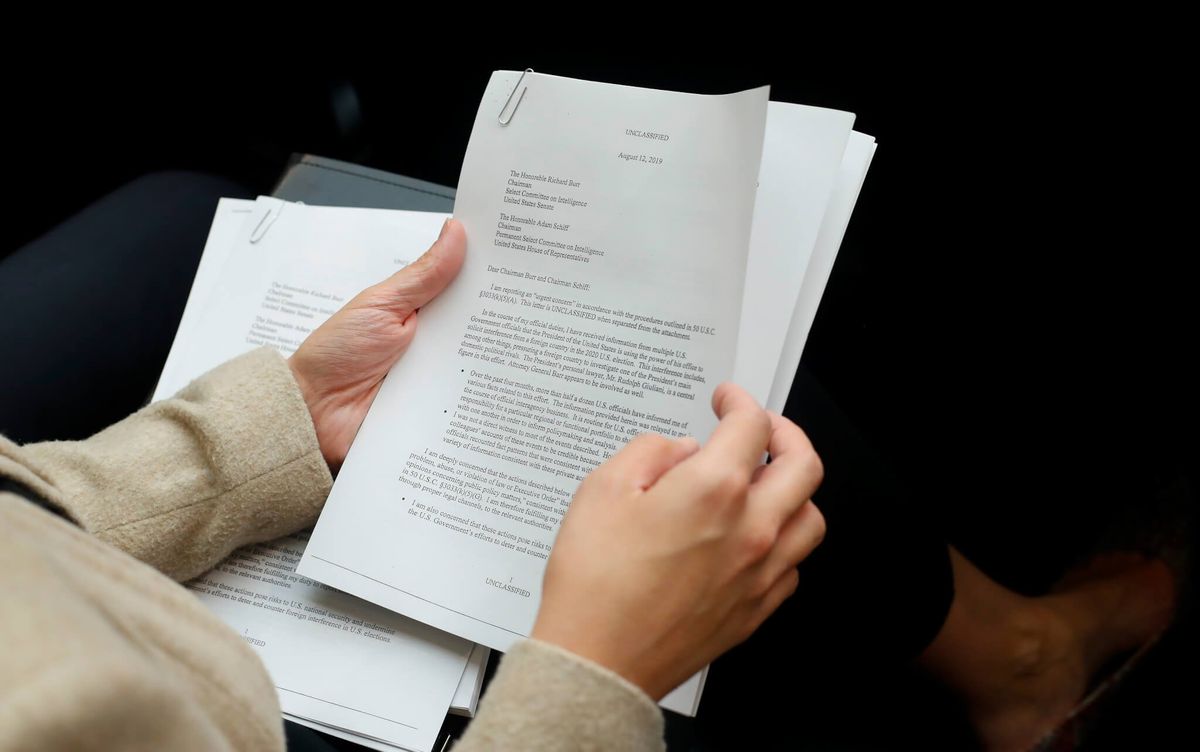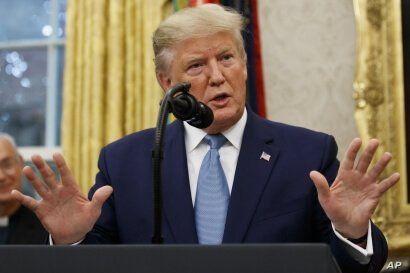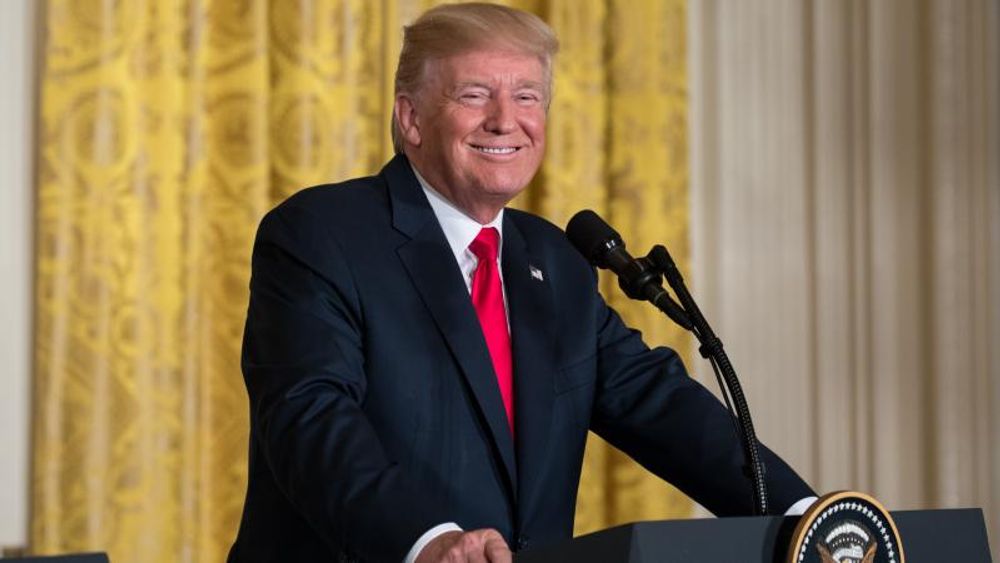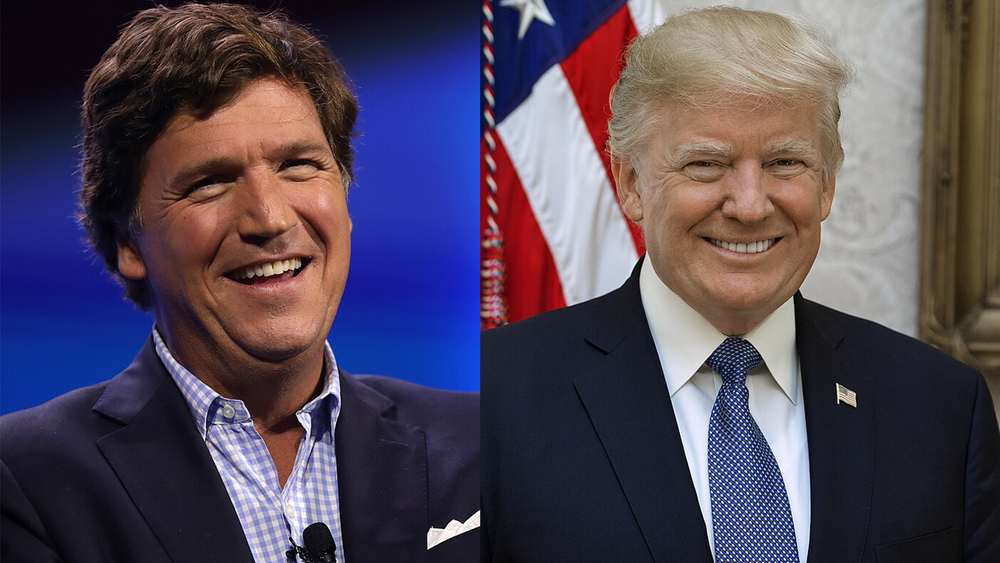
In the Event of Impeachment, Trump Counts on Republican Senate to Save Him
A new public opinion poll shows support is building for the Democratic-led impeachment inquiry now under way in the U.S. House of Representatives.
The latest Washington Post-Schar School poll found 58% of those surveyed now support the impeachment inquiry, while 38% oppose. That is a shift of 21 points in those supporting the inquiry from a previous poll in July. A total of 49% of those who support the inquiry said Congress should impeach U.S. President Donald Trump and remove him from office, while 6% of that group oppose his ouster.
A new Quinnipiac University poll released Tuesday shows voters support the inquiry by a margin of 52% to 45%. The survey also shows voters remain split on whether President Trump should be impeached. Forty-five percent say he should, and 49% oppose the idea.
House Democrats are considering whether the president may have committed an impeachable offense by trying to enlist help from Ukraine and China to investigate Democratic presidential front-runner and former Vice President Joe Biden.
Showdown with Congress
The jump in support for impeachment comes as House Democrats battle the White House for documents and testimony in a probe that seems to be moving quickly.
Several analysts say the likelihood is growing that the Democratic House may be headed toward making Trump only the third U.S. president in history to be impeached.
“These are extraordinarily serious allegations,” George Washington Law School analyst Paul Schiff Berman told VOA. “I am not sure there has ever been a time in our history where we have had a president who has conducted foreign policy for his own personal political gain.”
At the White House, Trump remained defiant and lashed out at Democrats.
“What they did to this country is unthinkable, and it’s lucky that I am the president because a lot of people said very few people could handle it,” Trump told reporters late Monday. “I sort of thrive on it. You know why? Because it is so important.”
Trump has denied any wrongdoing and said his focus was fighting corruption, not politics.
On Tuesday, the impeachment probe took another turn when the State Department ordered the U.S. ambassador to the European Union, Gordon Sondland, not to appear before Congress to answer questions about the Trump administration’s dealing with Ukraine.

The Democratic chairmen of the key House committees involved in the impeachment inquiry announced they intend to subpoena Sondland to testify.
The Democratic chairman of the House Intelligence Committee, California Congressman Adam Schiff, said the latest move by the administration appear to be “part of the White House’s effort to obstruct the inquiry and cover up President Trump’s misconduct.”
Schiff also vowed to reporters that Democrats remain focused on allegations that the president abused his power in his dealing with Ukraine.
“This is one of the few impeachment inquiries in the history of our country. It goes to the core of whether the president abused his office to seek political help in his re-election campaign and did so to the detriment of our nation’s security.”
Trump has denied any wrongdoing and has said he was focused on rooting out corruption in Ukraine, not domestic politics.
The process
Eventually, Democrats may move to impeach Trump over his dealings with Ukraine in the House of Representatives where they have a majority.
But it would be only the beginning of a lengthy and unpredictable process, according to Brookings Institution analyst William Galston.
“If there are articles of impeachment voted in the House of Representatives, which in the U.S. system serves as the sort of prosecutor making the case. But the real jury is the Senate of the United States, and there it would take a two-thirds majority to remove President Trump from office.”
If the House impeaches Trump, that would lead to an impeachment trial in the Senate where the 100 senators would effectively act as jurors on the articles of impeachment passed by the House.
But unlike the House where Democrats hold a majority, Republicans control the Senate by a margin of 53 to 47 seats. Democrats actually hold 45 Senate seats but can usually count on the votes of independents Bernie Sanders of Vermont and Angus King of Maine.
Senate firewall
In the House, it only takes a simple majority vote to pass articles of impeachment. But in a Senate trial where the president’s fate would be decided, there is a two-thirds majority, or 67 votes, required to convict the president on any article of impeachment, which would lead to his removal from office.
“That would mean that 20 Republican senators out of 53 would have to join with the Democrats in order to carry out that act,” said Galston. “That requires a much broader coalition of support across party lines than we have seen so far.”
Trump sees the Republican majority in the Senate as his firewall against removal from office.

“And then we will get it to the Senate, and we are going to win. The Republicans have been very unified. This is the greatest witch hunt in the history of our country,” Trump told reporters outside the White House last week.
Trump’s campaign has been raising millions of dollars off the Democratic impeachment effort, and some analysts believe the impeachment drive could help mobilize his supporters in time for next year’s presidential election.
But neither side really knows how an impeachment battle will play out in the 2020 campaign, though it is likely to add fuel to an intensive battle for the White House, and experts are predicting a huge voter turnout.
Recent history
The last impeachment trial in the Senate came in 1999, when President Bill Clinton was acquitted of charges related to his affair with White House intern Monica Lewinsky.
Clinton and Andrew Johnson are the only two presidents to have been impeached and then acquitted in Senate impeachment trials.
Richard Nixon was the focus of an impeachment inquiry in 1974 over the Watergate scandal. But he resigned the presidency before he was impeached after Republican congressional leaders told him he was likely to be removed from office if there was a Senate trial.
 Trump Honors Longtime Reagan Associate Edwin MeeseNext PostSome Republicans Favor Investigation Into Trump Whistleblower Complaint
Trump Honors Longtime Reagan Associate Edwin MeeseNext PostSome Republicans Favor Investigation Into Trump Whistleblower Complaint





